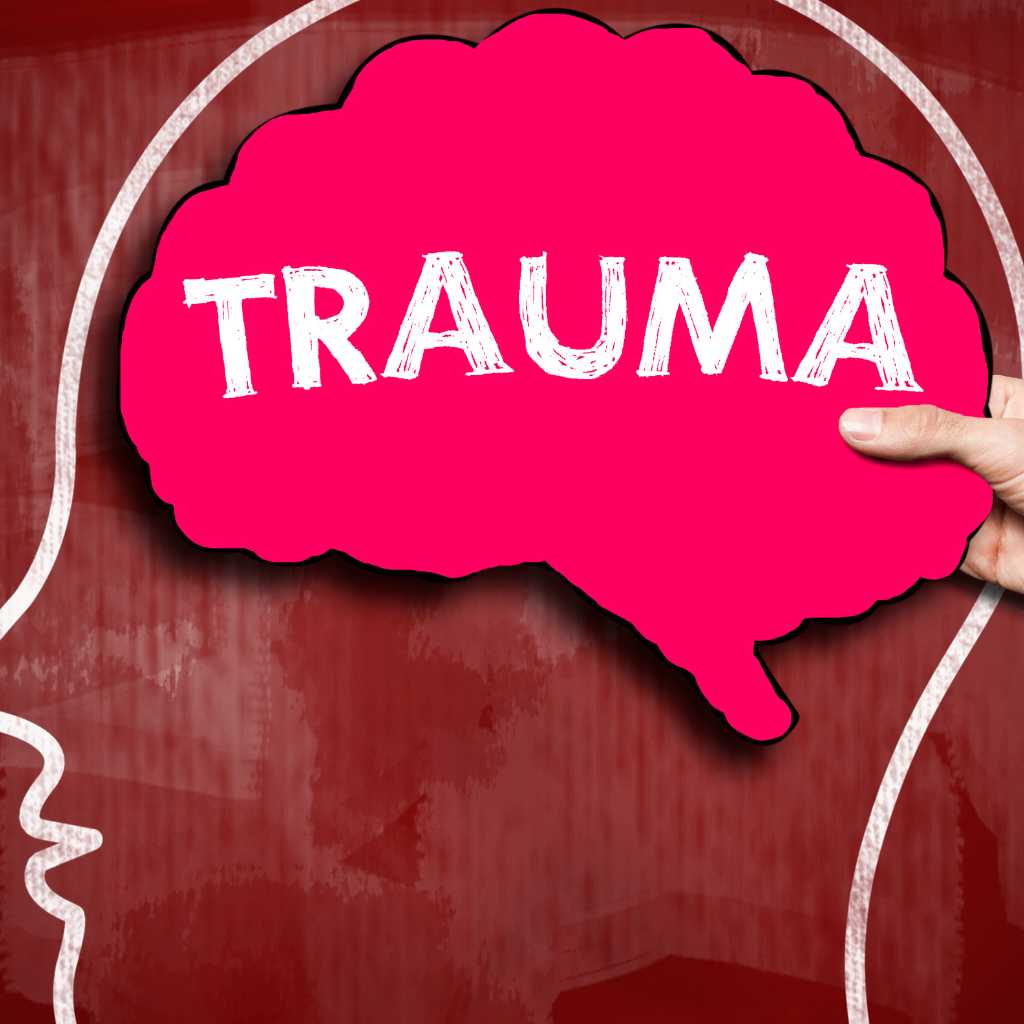Table of Contents
Can trauma lead to substance use?
If you’ve ever wondered why some people turn to drugs or alcohol after traumatic experiences, you’re not alone. Trauma and substance use can be connected, and addressing this issue reflects a common and profoundly human concern. The connection between trauma and substance use is complex, but understanding it is the first step in helping those who face it.
So, can trauma lead to substance use? Yes. Trauma impacts our minds and bodies in ways we don’t even notice, leading us to seek relief in the wrong places. Throughout this GateHouse Treatment blog, we’ll explore what trauma is, how it affects the brain, the types of responses it generates, and, finally, five ways it relates to substance use.
If you are dealing with the consequences of trauma through substance abuse, you are not alone. At GateHouse Treatment, we offer comprehensive support to all those with drug or alcohol abuse problems in New England. Through different levels of care, we personalize the recovery process for each individual. Contact us to know more!
Defining Trauma
Trauma is an intense emotional reaction to distressing events such as accidents, natural disasters, abuse, or grief. According to the American Psychological Association, these experiences can cause initial feelings of shock and denial. Still, over time, they can also manifest as difficult-to-handle emotions, painful memories, and even physical symptoms such as headaches or nausea.
The critical thing to understand is that trauma is not only defined by what happens but also by how we perceive and process it. Two people may have the same experience, but their reactions may be completely different depending on their emotional and social context.
The Brain and Trauma
When we face trauma, our brain activates coping mechanisms that affect three main areas:
- The Amygdala: It detects threats and activates the fight or flight response, which can lead to a constant state of alertness.
- The Hippocampus: Processes memories, but trauma can alter its functioning, making it difficult to distinguish between the past and the present.
- Prefrontal Cortex: Responsible for decision-making and emotional regulation, it may be compromised, making it difficult to manage emotions or think clearly.
These alterations can generate a feeling of lack of control, which leads some people to seek relief in substances such as alcohol or drugs.
Types of Trauma Responses
Trauma responses are automatic coping mechanisms that the brain activates to protect us from situations perceived as dangerous. We don’t consciously choose trauma responses; they are physiological reactions deeply rooted in our biology. The University of Northern Colorado identifies five primary responses to trauma: fight, flight, freeze, fawn, and flop. Each response to trauma has a specific purpose and reflects how the body and mind prioritize survival in times of extreme stress.

- Fight: The fight response prepares the body to confront the threat directly. In this reaction, the sympathetic nervous system releases adrenaline and cortisol to increase physical strength and aggression. For example, an individual might raise their voice or even become physically aggressive when they perceive imminent danger.
- Flight: The flight response arises when the brain assesses that escape is the best way to survive. The sympathetic nervous system mediates this mechanism, which provides energy to the body to flee quickly. For example, a person might run away from a stressful meeting or avoid places where a trauma occurred.
- Freezing: Freezing is one of the most common responses to trauma. In this state, the body and mind become paralyzed, as if on pause. Brain activity changes, prioritizing immediate survival over movement or action. This state can cause the individual to feel disconnected, confused, or emotionally “numb,” making decision-making difficult.
- Fawn: The fawn response is associated with seeking approval or submission to reduce the threat. This reaction may develop in people who have experienced ongoing abuse or unbalanced relationships, where complacency becomes a strategy to avoid conflict.
- Flop: Flopping is a more extreme response in which the body enters a state of total immobility or even loss of consciousness. It is similar to the “playing dead” behavior we can see in some animals. This mechanism is a last resort when the brain perceives that there is no way to escape or fight, and its goal is to minimize physical or emotional damage.
5 Points of Connection Between Trauma and Substance Use
The relationship between trauma and substance use is not simply coincidental; it is a deep link involving biological, emotional, and social factors. Here, we explore five ways in which trauma and substance use intertwine.

- Relief of Emotional Pain: Substances often act as a form of self-medication to alleviate emotional distress associated with trauma. The use of drugs or alcohol may seem like a quick fix to reduce the intensity of painful emotions such as sadness, fear, or hopelessness. However, studies have shown that this relief is temporary and tends to exacerbate underlying emotional problems. For example, research published in Frontiers Psychiatry found that people with post-traumatic stress disorder (PTSD) are more likely to develop substance dependence as a means of managing chronic emotional pain.
- Stress Regulation: Trauma can disrupt the brain’s ability to manage stress effectively. When the nervous system is in a constant state of hyperarousal, substances may appear to be an avenue to calm the body and mind. Studies in the Journal of Psychiatric Research suggest that alcohol and drugs are frequently used by people experiencing impaired emotional regulation due to hyperactivity of the amygdala and a less effective prefrontal cortex, both common outcomes in traumatized individuals. This behavior creates a cycle where temporary relief turns into long-term dependence.
- Avoid Intrusive Memories: Trauma involves flashbacks, intrusive memories, or nightmares that are difficult to deal with. Many people turn to substance use to try to block these unwanted memories. For example, war veterans with PTSD are more prone to develop substance abuse disorder (SUD) compared to the general population as they seek to mitigate the effects of traumatic memories. This use of substances as an “emotional anesthetic” can quickly lead to dependence.
- Impact on Children and Adolescents: Adverse childhood experiences, like violence, neglect, or physical and emotional abuse, have a profound impact on emotional and neurological development. Addictive Behavior Reports highlight that children who have experienced adversity in their early years have a significantly increased risk of developing substance dependence in adolescence or adulthood. Neural connections that affect emotional regulation and stress management don’t work correctly, making these individuals more vulnerable to substance use as a form of coping.
- Social and Environmental Factors: The environment also plays a crucial role in the connection between trauma and substance use. Living in communities where substances are easily accessible or socially accepted may normalize their use as a way of coping with trauma. Environments with high exposure to substances reinforce their use as a typical response to stress, especially in communities with high levels of violence or poverty.
The link between trauma and substance use can come from multiple emotional, biological, and social pathways. Understanding these points of connection not only helps us empathize with those facing these challenges but also highlights the importance of addressing trauma as an integral part of substance dependence treatment.
GateHouse Treatment Provides Support on Trauma and Substance Use
Trauma and substance use are deeply connected, but they don’t have to define anyone’s life. Understanding this relationship is the first step toward recovery and healing.
If you or someone you know is struggling with these experiences, reach out for support. At GateHouse Treatment, we have trained professionals who can open pathways to a fuller, healthier life. Call us at (855) 448-3588 and talk to our experts!
- Fentanyl Misuse: Awareness and Prevention - March 14, 2025
- High-Functioning Alcoholic: 5 Steps to Identify if You Are One of Them - February 23, 2025
- Rehab and Cancer Prevention: How Overcoming Addiction Reduces Risk - February 11, 2025




